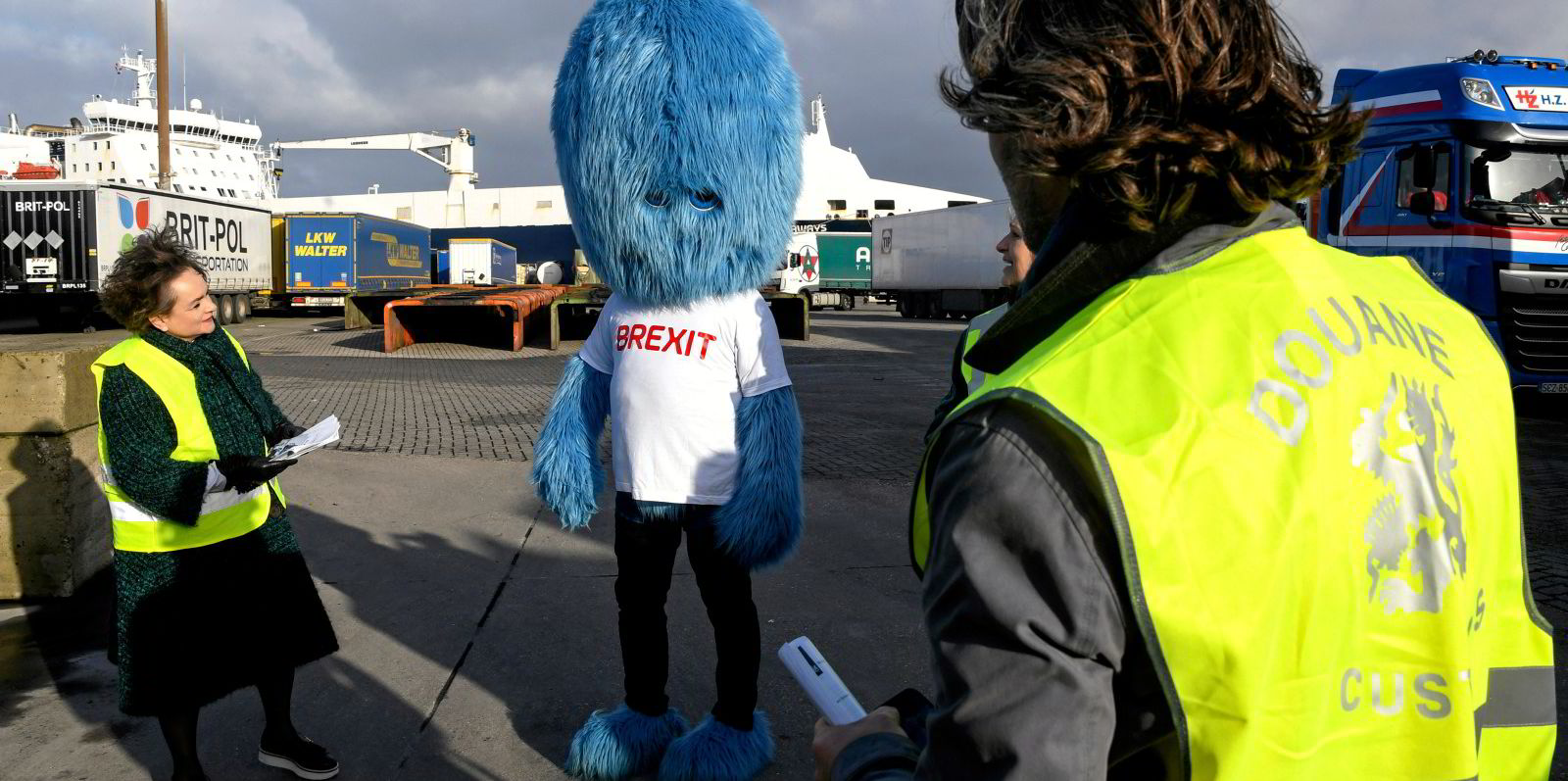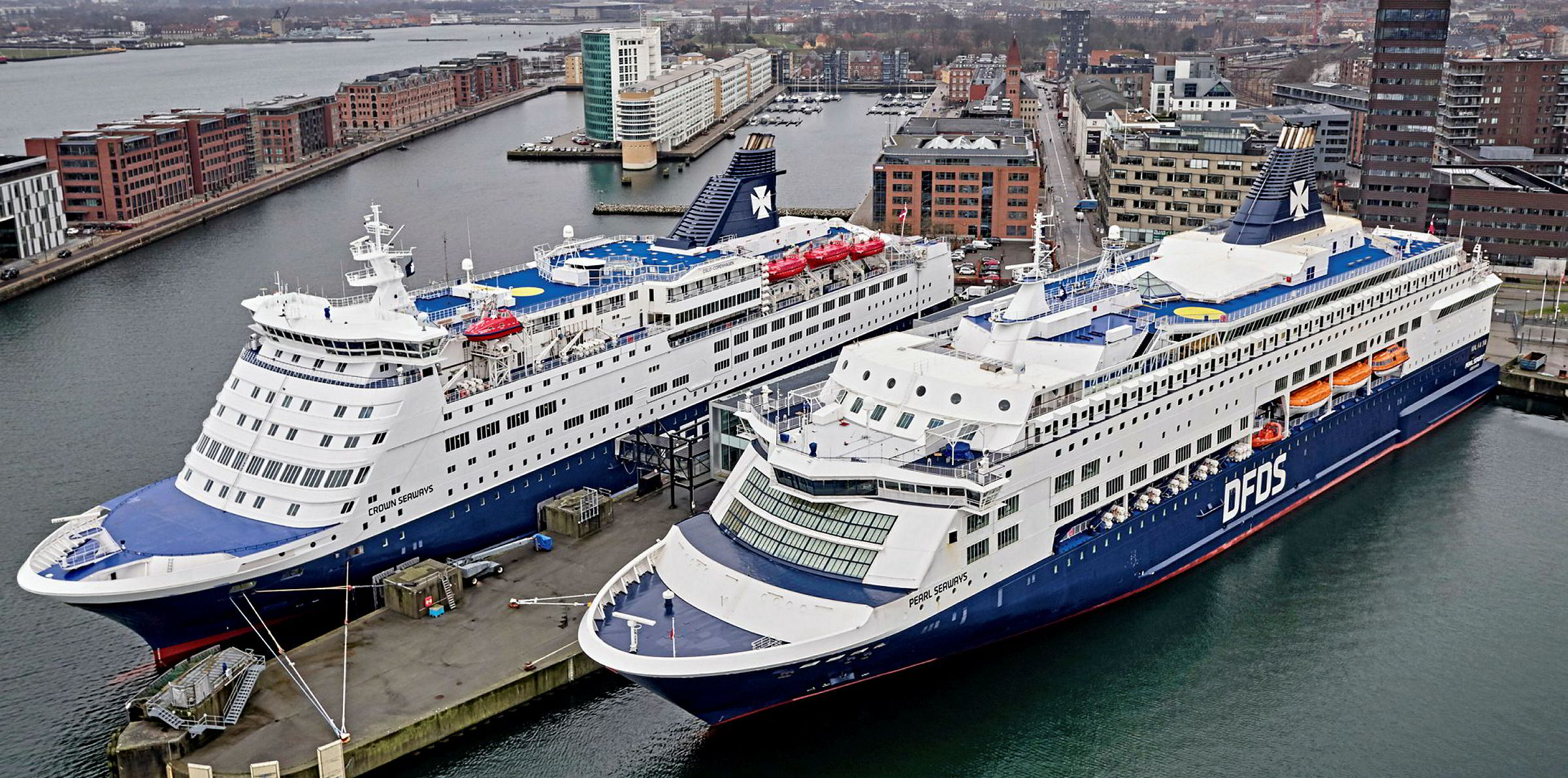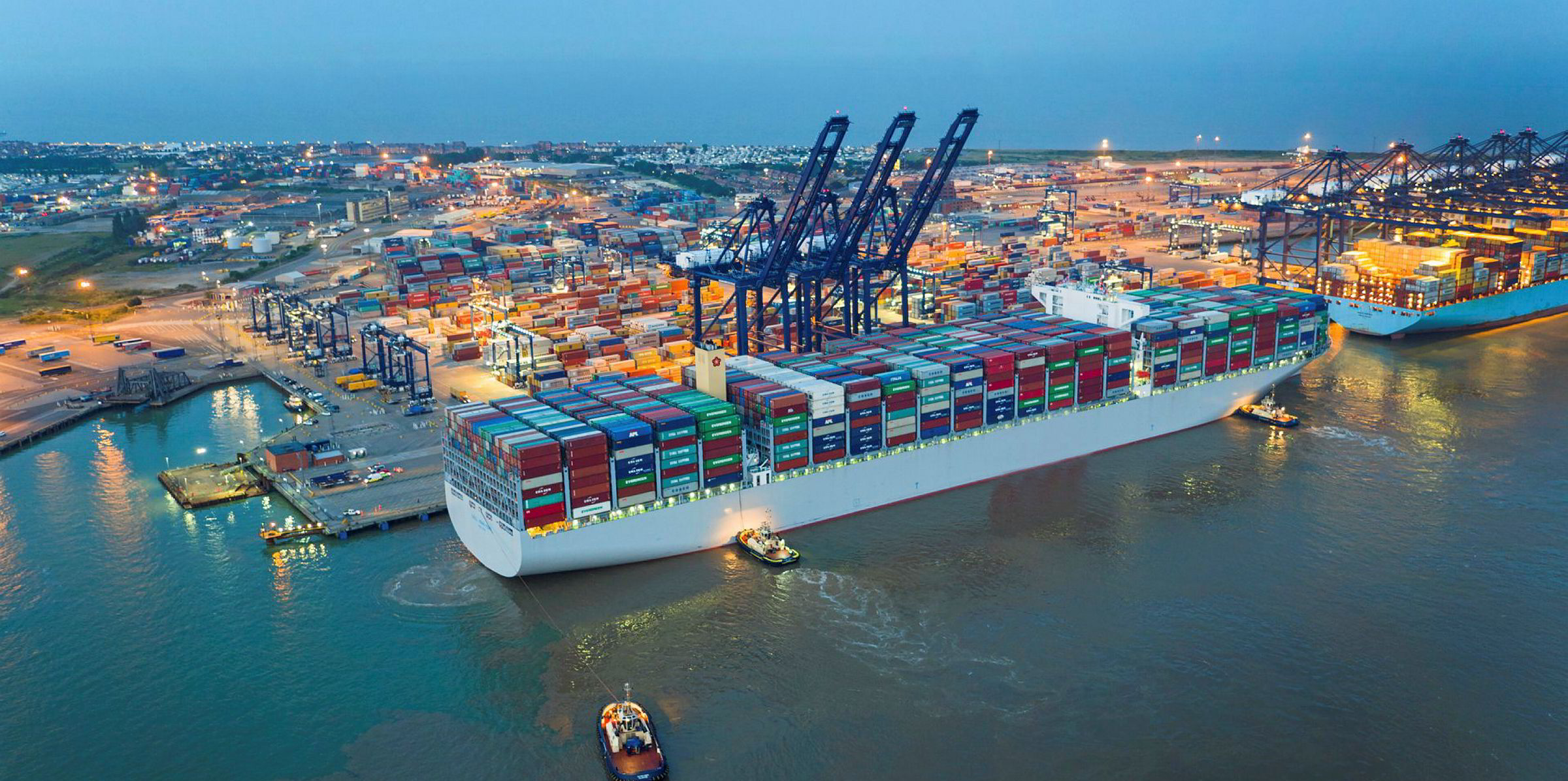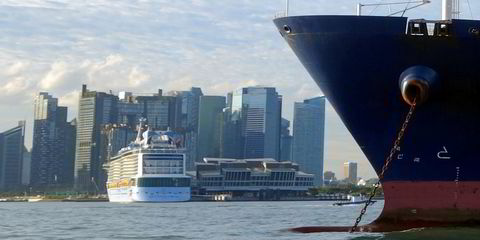With the UK government having failed to fully set up its core system for Customs movements in and out of the country ahead of completion of its exit from the EU, trade sources are warning that even with a Brexit deal there will be big problems at borders from 1 January 2020.
The British government has not yet completed work on its core new software system, the Goods Vehicle Movement Service (GVMS) which will allow ports and truckers to match consignments with Customs declarations as they cross the border from the EU into the UK.
Only a “minimum viable product” is planned to be released this month, with promises that a second version which can deliver full import and export controls will be ready before June 2020.
Full functionality of the GVMS system is required on 1 July 2020 to coincide with the phased-in hard border with the EU, and critics say there will not be time to test the system, or for shipping and transport companies to link their existing systems to it.
The UK is developing contingency plans for imports, but these may require manual processes to operate, and the expectation is that many trucks will be turned away from European ferry ports in January because they do not have the right paperwork.
Similar problems are expected for exports into the EU as it is expected to apply a hard border to goods from the UK immediately from 1 January 2021.
The UK’s National Audit Office has expressed concerns that exporters and transport firms will not be ready for EU customs and regulatory controls on that date, and disruption will result as trucks are delayed or turned back at the EU port of arrival.
Warning to drivers
Dutch ports this week started warning drivers that customs documents will need to have been pre-announced digitally at its shortsea and ferry terminals. Failure to do so will mean they will not be admitted to the terminals.
Rotterdam alone has set up five buffer parking areas to provide space for hundreds of trucks without the right paperwork, while the UK is still developing its plans to deal with disruption on the roads approaching the short channel crossings. It aims to issue permits to enter Kent, the county in which the biggest port Dover is situated.
“Regardless of the outcome of the Brexit negotiations, logistics disruptions can be expected,” concluded a report from Resilience360, which added: “The likelihood that complex new processes can be completed before January 1, 2021 is low.”
Resilience360 is a trading platform supported by DHL Consulting, management consultancy Accenture, insurer Munich Re, The Institute for Supply Chain Security, cloud computing company Salesforce and supply chain operating processes network Elemica.
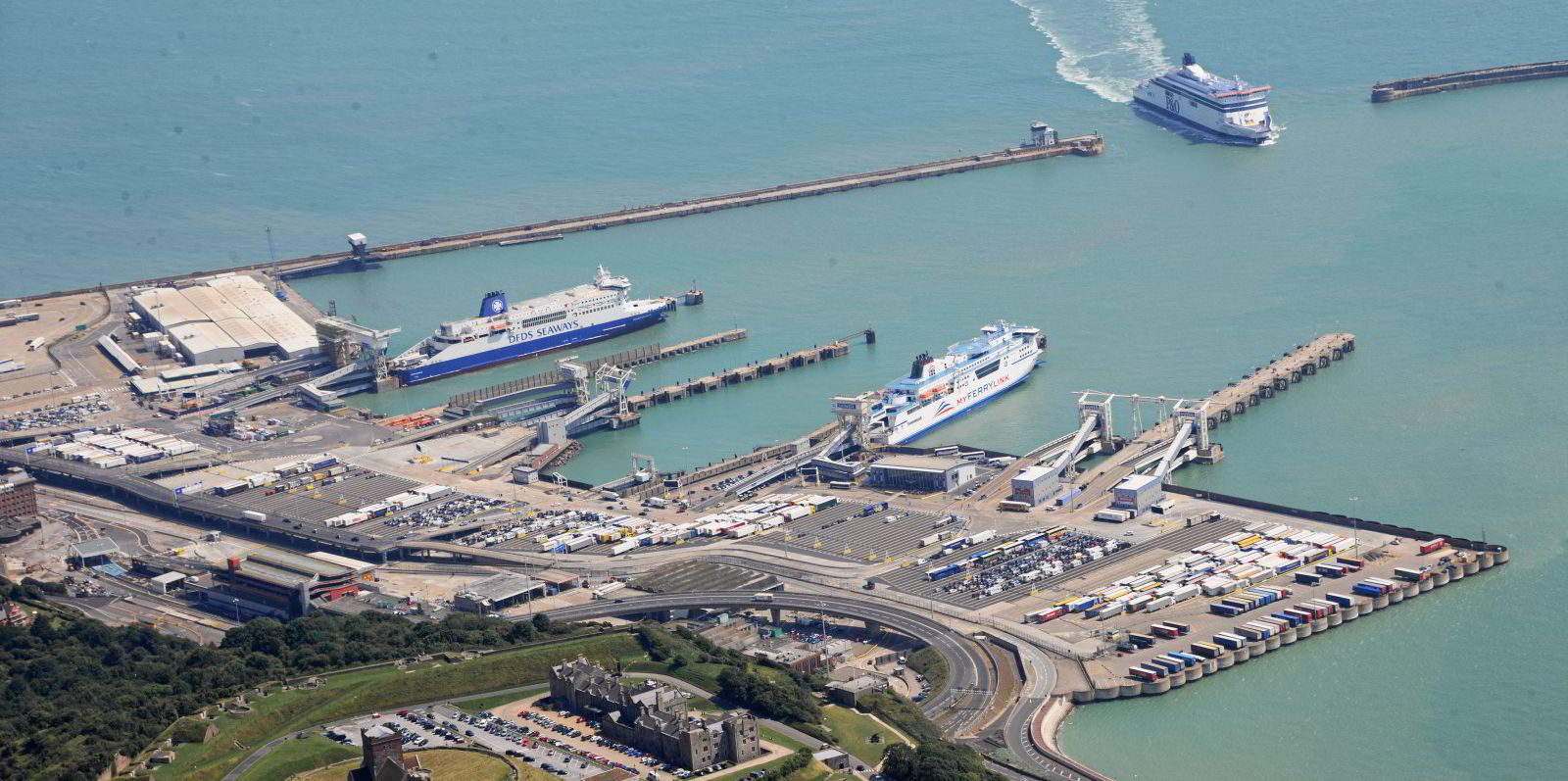
Its report, Brexit Customs System Roll Out: Potential delays and Impacts on Trade, goes into worrying detail about delayed preparation and potential shortcomings.
Additional required documentation is anticipated to exceed 260 million customs forms per year, and it has been estimated that 30% to 60% of trucks crossing the English Channel might not be prepared for the new documentation requirements, Resilience360 said.
“This could create queues of over 7,000 cargo trucks, with wait-times of up to two days for entry into the EU,” it added.
Report author Shehrina Kamal, product director - risk monitoring, wrote: “The delays in GVMS implementation as well as accounted-for technical difficulties are likely to be compounded by anticipated staffing shortages at customs brokerages.”
Logistics firms have been told to instruct drivers not to go to borders before all necessary inputs have been made, but it is unclear how well this advice will be implemented.
“Ensuring proper and effective use by the shipping industry may present challenges. Further, ensuring that GVMS offers shippers, truckers, and brokers alike the functionality needed may be complicated,” the report said.
Similar warnings of a risk of “serious disruption and delay" in January were made this week by UK MPs.
The Commons Public Accounts Committee said the government was "taking limited responsibility" for readiness and that necessary systems would not be in place in time, the BBC reported on Wednesday.
A Government spokeswoman said it is making “significant preparations” but the committee said “border systems remain in development and plans for managing disruption or prioritisation of key goods are unclear."
January does not look like it will herald a ‘happy New Year’ for anyone involved in shipping goods between the UK and Continent.
The UK’s Border Operating Model that is scheduled to go live from the start of 2021 has at its heart a web-based portal called the Smart Freight Service that aims to ensure trucks will have the right Customs paperwork in place before they arrive at ports.
Unveiled in mid-July, Smart Freight is being designed to issue messages via its portal to users about the necessary documentation for cross-border transits using cross-Channel ro-ro ferries or shortsea vessels.
Haulers and truck owner must register with Smart Freight or they will be liable for fines of up to £300 (€332).
If a carrier has complete documentation, Smart Freight will advise it to proceed, but if it does not have all the right paperwork and information the carrier will be advised against proceeding to the border.
The Resilience360 report Brexit Customs System Roll Out: Potential delays and Impacts on Trade says that although Smart Freight previously appeared to be on track for implementation from October to November, the beta version is not expected to be ready until the middle of December.
The delay has compounded concerns around training for the system, the report said, and the challenges are prompting shippers to consider alternate routes into the UK via ships travelling from France to Ireland.
“The possibility of the increased popularity of seeking alternatives has prompted Irish officials to state that French contingencies are planned in the event of implementation challenges, with similar plans likely to develop with Germany, the Netherlands, and Belgium,” the report stated.
“As routes from Northern Ireland to Great Britain are not the only Irish sea trade route, Irish sources also indicate that Dublin-Holyhead trade will suffer delays, although perhaps not as severe as the effects suffered at Dover,” it added.
Problems in Kent and at the Port of Dover have the potential to deter EU truckers and increase haulage prices, the report also said. “The proposed Kent Access Permit system, which would require documentation checks ahead of a trucker’s approach to the border, will extend wait times further.”
